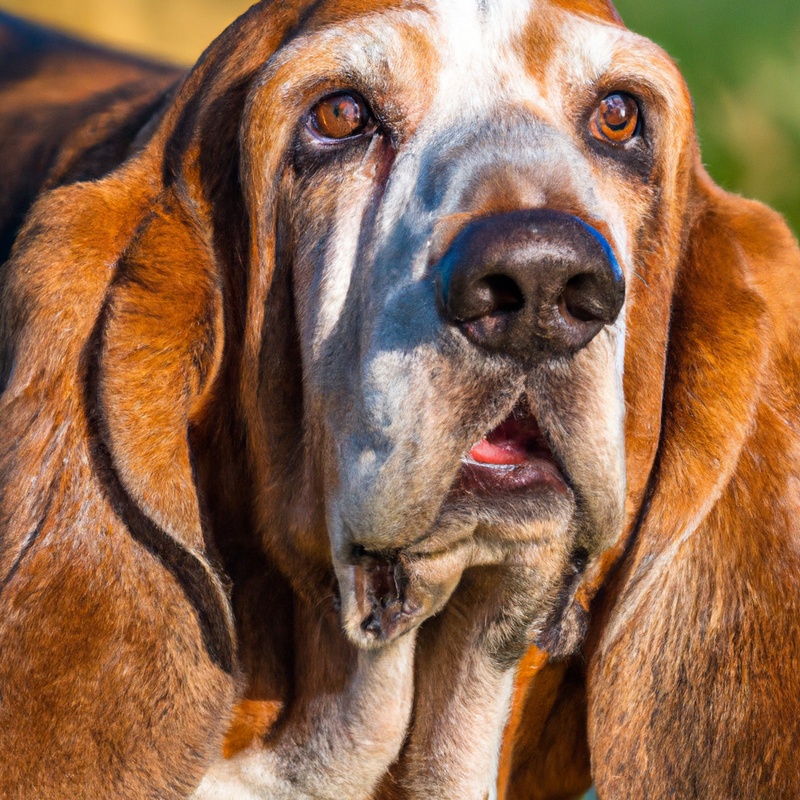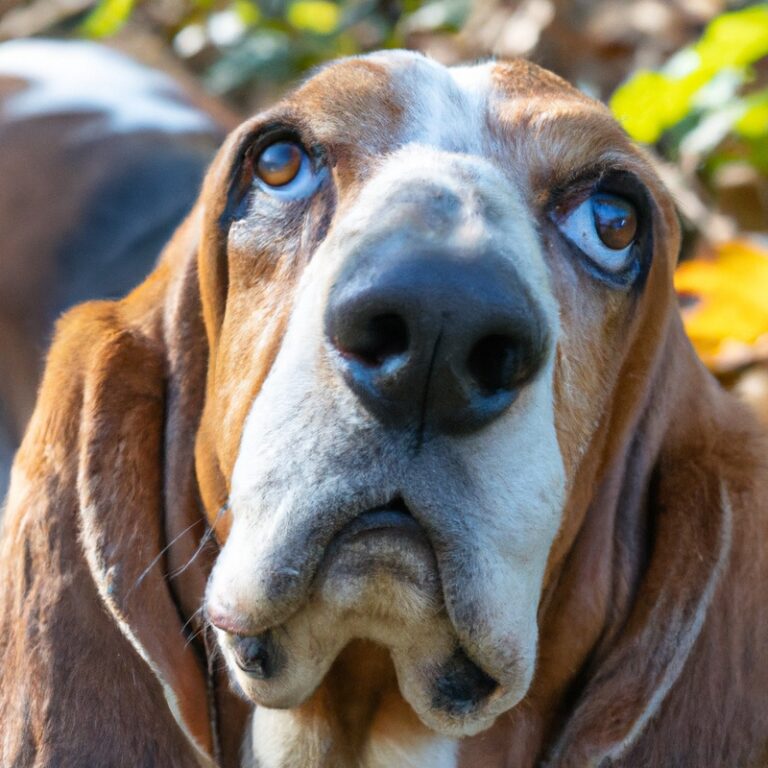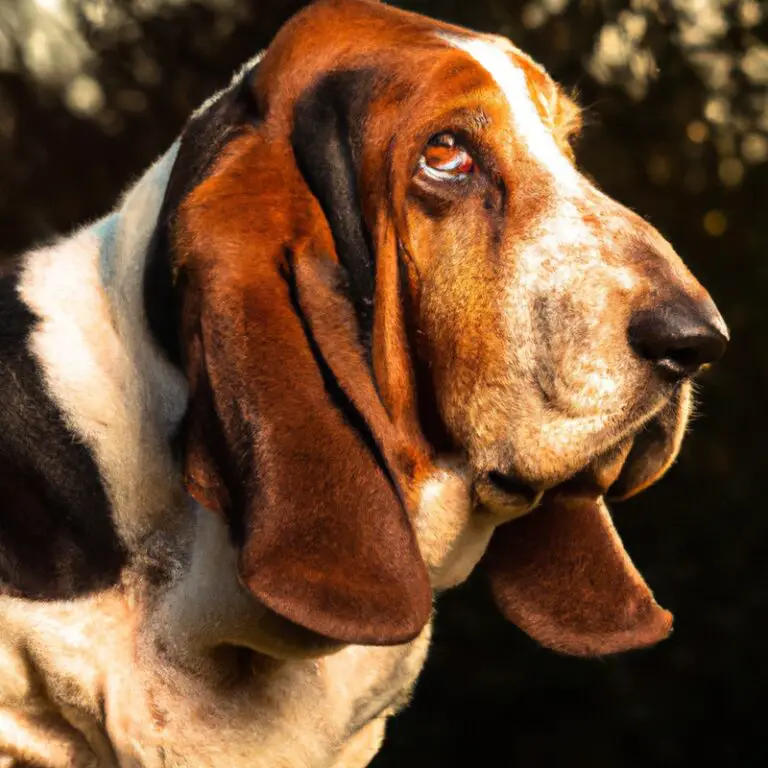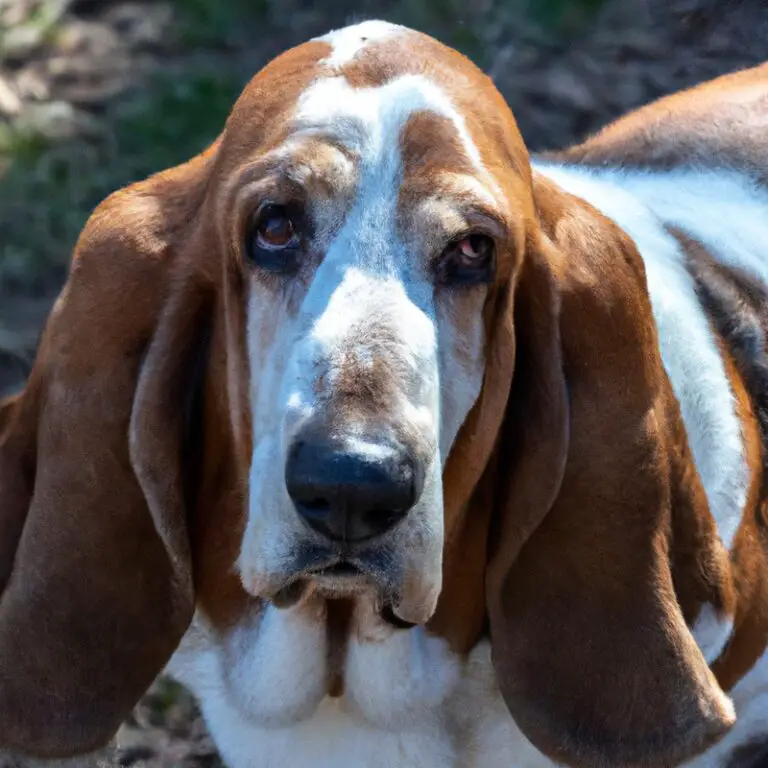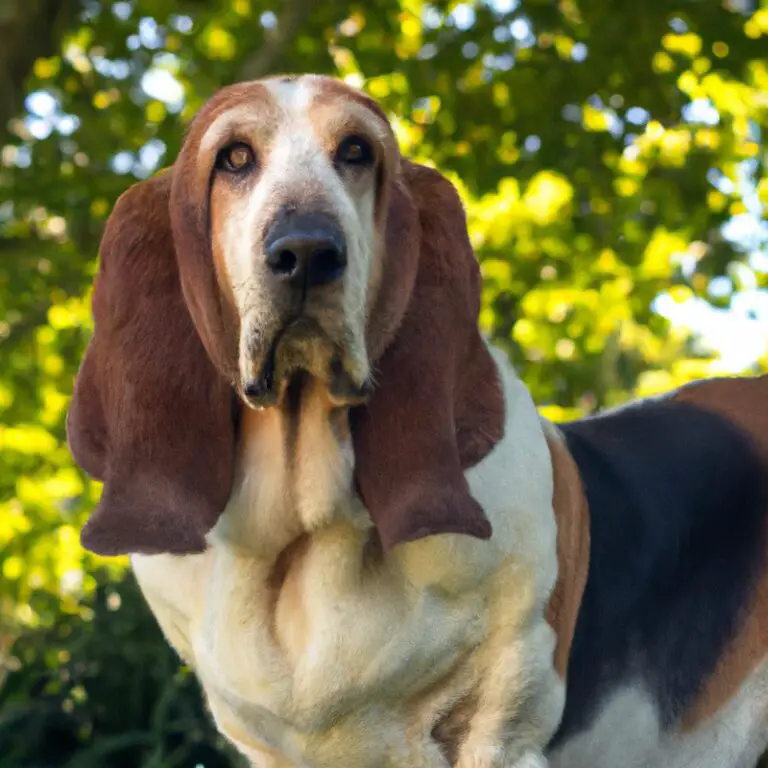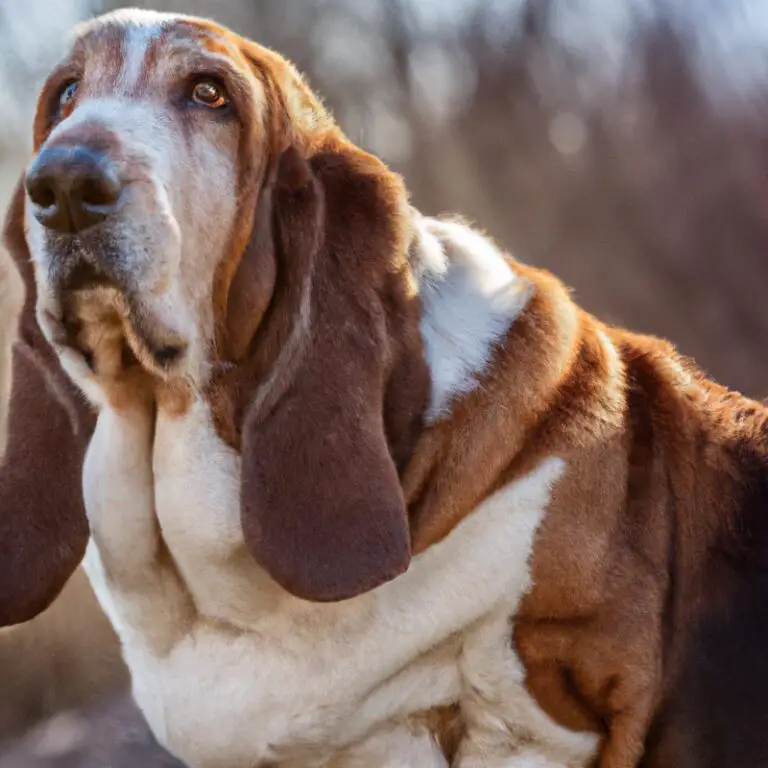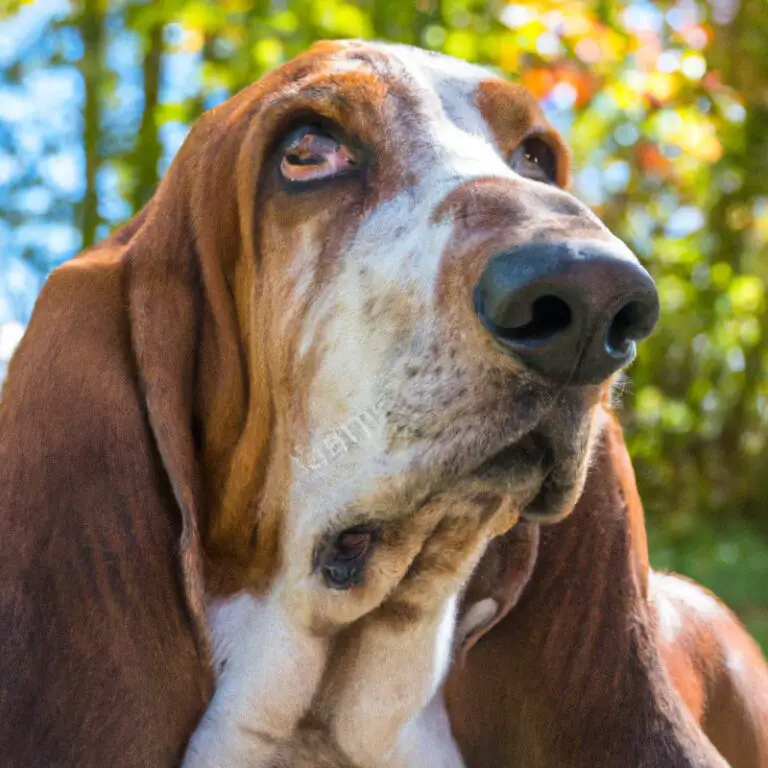Are Basset Hounds More Active During The Day Or Night?
Key Takeaways:
- Basset Hounds are generally more active during the day than at night.
- Their natural sleep-wake cycle aligns with diurnal patterns.
- Nighttime activities may vary based on individual traits and environmental factors.
- Regular exercise and mental stimulation can help regulate their activity levels.
Are you wondering if your Basset Hound is a daytime sleeper or a nocturnal wanderer?
Well, you’re not alone.
Understanding the activity patterns of our beloved droopy-eared companions is key to providing them with a balanced and fulfilling life.
As an expert in canine behavior, I’ve spent years studying the unique traits and tendencies of Basset Hounds, and in this article, I’ll shed light on whether these adorable creatures are more active during the day or night.
We’ll explore the factors that influence their activity levels, the impact of breeding and age, and provide practical tips for managing their energy levels.
So let’s dive in and unleash the secrets of our four-legged friends’ activity preferences!
| Time | Activity Level |
|---|---|
| Daytime | Low |
| Nighttime | Medium |
Understanding the Activity Patterns of Basset Hounds
Factors That Influence Basset Hound Activity Levels
Several factors can influence the activity levels of Basset Hounds.
Firstly, their breeding plays a significant role.
Bassets were originally bred for hunting, so they have a natural instinct to be active.
Secondly, age can affect their activity levels.
Younger Bassets tend to be more energetic and require more exercise, while older Bassets may be less active.
Lastly, the amount of exercise and mental stimulation they receive during the day can also impact their activity levels.
Providing them with sufficient exercise and mental enrichment can help keep them more active during the day.
The Role of Basset Hound Breeding in Activity Patterns
Basset Hound breeding plays a significant role in determining their activity patterns. Bred for hunting, Basset Hounds have a natural instinct to follow scents.
This can make them more active and curious than other breeds.
Additionally, their genetics influence their energy levels and exercise needs. It’s important to consider a Basset Hound’s breeding background when planning their daily activities and exercise routine.
Understanding their breeding can help ensure they have appropriate outlets for their energy and stay happy and healthy.
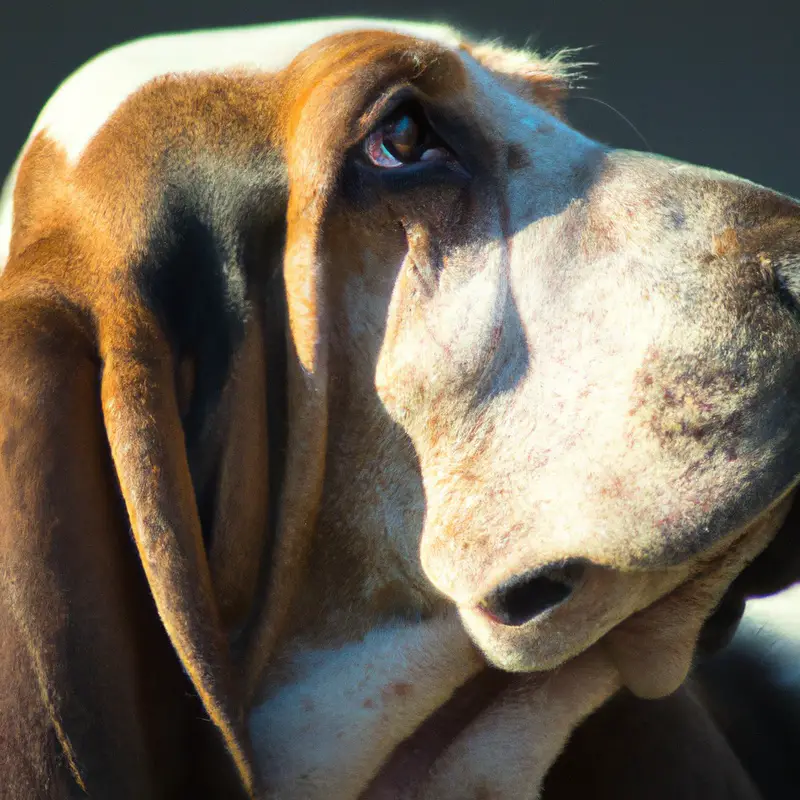
The Impact of Age on Basset Hound Activity
The impact of age on Basset Hound activity is significant.
As puppies, Bassets tend to be very active, full of energy, and constantly exploring their surroundings.
However, as they mature into adults, their activity levels tend to decrease.
Older Bassets may have more relaxed and laid-back personalities, preferring leisurely walks and cuddling over intense exercise.
It’s important to adjust their exercise routines accordingly and provide mental stimulation to keep them happy and healthy.
Regular veterinary check-ups are also crucial to monitor any age-related changes in activity levels.
Basset Hound Exercise Needs during the Day
Basset Hounds have moderate exercise needs during the day.
They are not as high-energy as some other breeds, but they still require daily activity to stay healthy and happy.
Taking them for a walk or play session for about 30 minutes to an hour is usually sufficient.
It’s important to provide mental stimulation as well, such as puzzle toys or obedience training.
Keep in mind that every Basset Hound is unique, so adjust their exercise routine based on their individual needs and preferences.

Basset Hound Behavior under Artificial Lighting
Basset hound behavior can be influenced by artificial lighting.
In a well-lit environment, they tend to be more active and alert.
Bright lights can also affect their sleep patterns, causing restlessness at night.
On the other hand, dim lighting can help create a calm and relaxed atmosphere, encouraging them to rest.
It’s important to find a balance and provide adequate light for their needs.
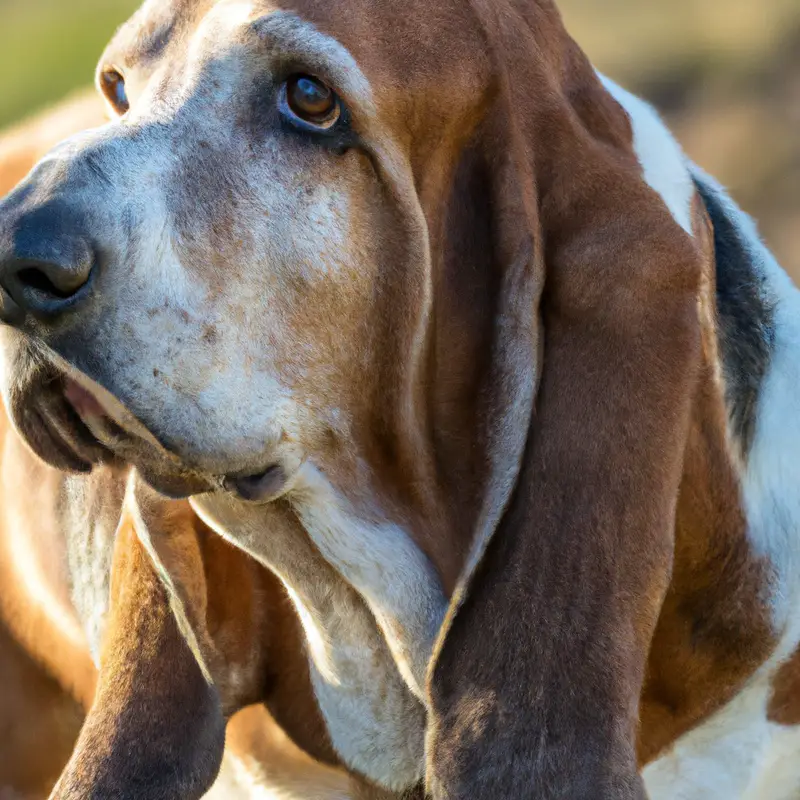
Basset Hound Activity at Night
Natural Nocturnal Behaviors of Basset Hounds
Basset Hounds have natural nocturnal behaviors, meaning they are more active during the nighttime hours.
Due to their hunting instincts, they have a keen sense of smell and enjoy exploring their surroundings in the dark.
These dogs are known to be nocturnal and may display behaviors such as increased barking and curiosity during the night.
It is important to ensure a safe and comfortable sleeping environment for them during the day to compensate for their active nights.
Training Basset Hounds for Nighttime Activities
Training Basset Hounds for nighttime activities requires consistency and positive reinforcement.
Start by establishing a routine for their evening exercise and playtime.
Incorporate mental stimulation activities to keep them engaged and tire them out before bed.
Use cues or commands to indicate it is time for them to wind down and prepare for sleep.
Provide a comfortable and secure sleeping environment to promote relaxation.
Avoid high-energy activities or stimulating toys close to bedtime.
With patience and consistency, you can train your Basset Hound to have a peaceful and restful night.
Safety Considerations for Basset Hound Nighttime Activities
When it comes to ensuring the safety of your Basset Hound during nighttime activities, there are a few key considerations to keep in mind:
- Visibility: Visibility is crucial for both you and your Basset Hound during nighttime walks or playtime. Use reflective collars, leashes, and accessories to make sure you and your dog are easily seen by motorists and cyclists.
- Leash control: Keep your Basset Hound on a leash during nighttime activities to prevent them from wandering off or getting into dangerous situations. Use a sturdy leash and maintain control to avoid any accidents or injuries.
- Secured yard: If your Basset Hound will be spending time in your yard at night, make sure it is securely fenced to prevent escapes or encounters with nocturnal wildlife. Regularly inspect the fence for any holes or loose areas that could pose a safety risk.
- Safe play areas: If you’re playing with your Basset Hound in an open area at night, make sure it is free from hazards such as sharp objects, toxic plants, or uneven surfaces that could potentially cause injuries.
How to Set Up a Basset Hound-Friendly Sleeping Environment
To create a Basset Hound-friendly sleeping environment, there are a few key things to consider.
Firstly, provide a comfortable and supportive bed that is large enough for your Basset Hound to stretch out.
Avoid beds that are too small or have hard surfaces.
Secondly, consider the location of the sleeping area.
Choose a quiet and cozy spot away from noise and distractions.
Thirdly, ensure the room is adequately dark and cool, as Basset Hounds prefer a cooler sleeping environment.
Lastly, establish a routine and stick to a consistent bedtime, as this helps your Basset Hound feel secure and relaxed.
Striking a Balance: Daytime vs. Nighttime Activities for Basset Hounds
Ensuring Sufficient Exercise during Daylight Hours
During daylight hours, it’s important to ensure that your Basset Hound gets sufficient exercise to keep their energy levels balanced. Taking them for regular walks or engaging them in play sessions can help meet their exercise needs.
In addition to physical activity, mental stimulation is also crucial for their overall well-being.
Incorporating puzzle toys or obedience training can help keep their minds sharp and prevent boredom. Remember, every dog is different, so tailor the exercise routine to your Basset Hound’s individual needs.
Mental Stimulation for Basset Hounds during the Day
Basset Hounds are intelligent dogs that require mental stimulation to prevent boredom and destructive behavior. During the day, there are several ways to provide mental exercise for your Basset Hound.
One option is puzzle toys that challenge their problem-solving abilities.
Another is obedience training, which engages their minds and strengthens the bond between you and your pet. Interactive play sessions, such as hide and seek or fetch, can also stimulate their cognitive skills.
Remember to rotate and vary these activities to keep your Basset Hound mentally sharp and satisfied.
Managing Basset Hound Energy Levels in the Evening
Managing Basset Hound energy levels in the evening is key to ensuring a calm and peaceful night. Here’s how I handle it:
- Maintain a consistent routine: Stick to regular feeding and exercise schedules to help your Basset Hound know what to expect.
- Limit evening stimulation: Avoid activities that may overly excite your Basset Hound, such as rough play or loud noises. Opt for calm interactions and quiet time.
- Provide mental stimulation: Engage your Basset Hound’s mind with puzzle toys, training sessions, or interactive games to help tire them out mentally.
- Consider a calming routine: Some Basset Hounds benefit from relaxation techniques such as gentle massage or aromatherapy to help them unwind.
- Create a cozy sleeping environment: Provide a comfortable and quiet space for your Basset Hound to rest at night, away from distractions and noise.
Remember, every Basset Hound is unique, so it may take some trial and error to find the routine and activities that work best for your furry friend.
Establishing a Routine for Basset Hound Sleep Patterns
Establishing a routine for your Basset Hound’s sleep patterns is important for their well-being.
To set a consistent sleep schedule, provide a comfortable and quiet sleeping area.
Avoid disturbances during bedtime, such as loud noises or bright lights.
Basset Hounds typically require 12-14 hours of sleep each day, so ensure they have plenty of time for rest.
Create a calming bedtime routine, such as a short walk followed by relaxation time.
Consistency and a peaceful environment will help your Basset Hound get the sleep they need.
Tips for Managing Basset Hound Activity Levels
Monitoring Basset Hound Activity with Technology
Monitoring your Basset Hound’s activity can be made easier with the help of technology.
One useful tool is a GPS tracker that attaches to your dog’s collar, allowing you to track their movements in real-time.
This can be especially helpful if your Basset Hound tends to wander or if you want to make sure they are getting enough exercise.
Another option is an activity monitor that measures your dog’s daily activity levels, including steps taken and calories burned.
These devices provide valuable insights into your Basset Hound’s activity patterns and help you ensure they are getting the exercise they need.
Adjusting Basset Hound Activity Levels as They Age
As Basset Hounds age, it’s important to adjust their activity levels to accommodate their changing needs.
Here are some tips for managing their activity as they grow older:
- Slow down the pace: Older Basset Hounds may not have the same energy levels as they did in their younger years. Take shorter, more leisurely walks, and avoid strenuous activities that could cause strain.
- Provide mental stimulation: Aging dogs still need mental stimulation to stay engaged and happy. Offer puzzle toys, interactive games, and training sessions to keep their minds sharp.
- Adjust diet and weight: As Basset Hounds age, they may be more prone to weight gain. Ensure they have a balanced diet and monitor their weight to prevent obesity-related health issues.
- Regular vet check-ups: Regular check-ups with your veterinarian are important to monitor your Basset Hound’s overall health. They can provide guidance on activity levels based on your dog’s specific needs and any health conditions they may have developed.
By adapting their activities to their age and individual needs, you can help your aging Basset Hound live a comfortable and fulfilling life.
Consulting a Veterinarian for Activity-related Concerns
If you have concerns about your Basset Hound’s activity levels, it’s always a good idea to consult with a veterinarian. They can provide expert guidance and advice tailored specifically to your dog’s needs.
A veterinarian will be able to assess your Basset Hound’s overall health and identify any underlying medical conditions that may be affecting their activity levels.
They can also provide recommendations on appropriate exercise routines, nutrition, and any necessary modifications or treatments to help manage your Basset Hound’s activity-related concerns. So don’t hesitate to reach out to a veterinarian for professional assistance!
Tailoring Activities to Your Basset Hound’s Individual Needs
When considering the activity levels of your Basset Hound, it’s important to tailor their activities to their individual needs.
Each Basset Hound is unique and may have different energy levels and preferences.
Observe your dog’s behavior and adjust their exercise routine accordingly.
Some Basset Hounds may need longer walks or more vigorous play sessions, while others may be content with shorter activities.
Providing mental stimulation through puzzle toys or training games can also help keep your Basset Hound engaged.
Remember to consult with your veterinarian to ensure you’re meeting your dog’s specific needs.
Final Verdict
Understanding the activity patterns of Basset Hounds is essential for providing them with a balanced and fulfilling lifestyle.
Factors such as breeding, age, and exercise needs play a significant role in their activity levels.
While Basset Hounds have natural nocturnal behaviors, training, safety considerations, and a basset hound-friendly sleeping environment can help manage nighttime activities.
Striking a balance between daytime and nighttime activities is key, ensuring sufficient exercise, mental stimulation, and managing energy levels.
Monitoring their activity, adjusting as they age, and seeking veterinary advice will result in tailored activities for individual Basset Hounds.
By implementing these strategies, you can provide the best care for your Basset Hound’s activity needs.

